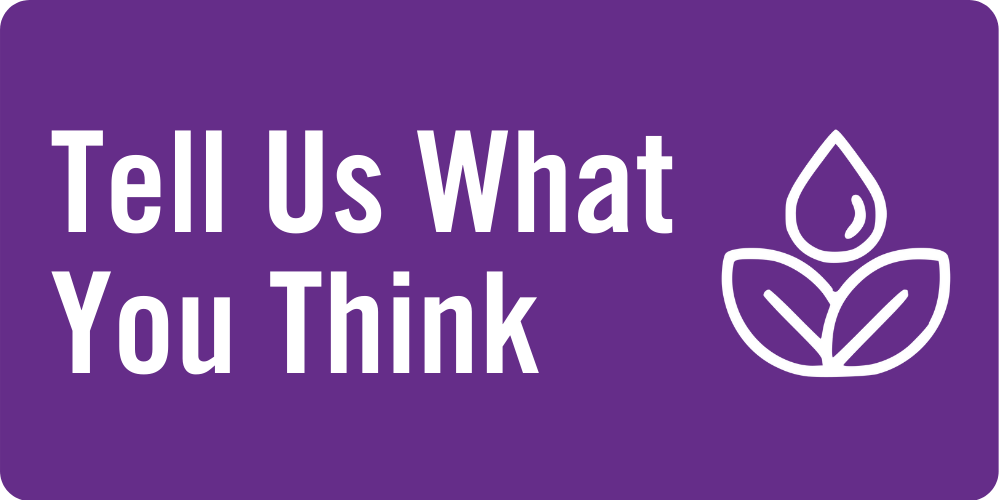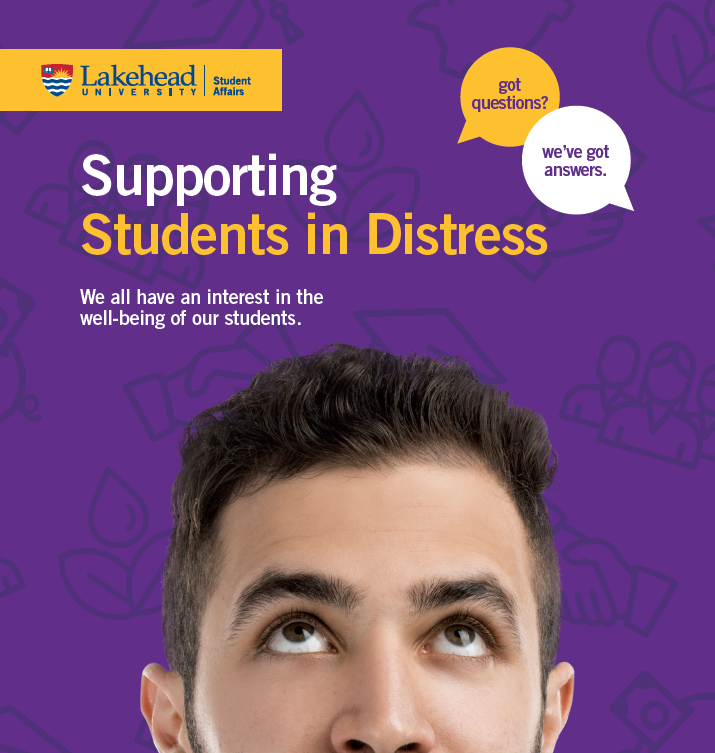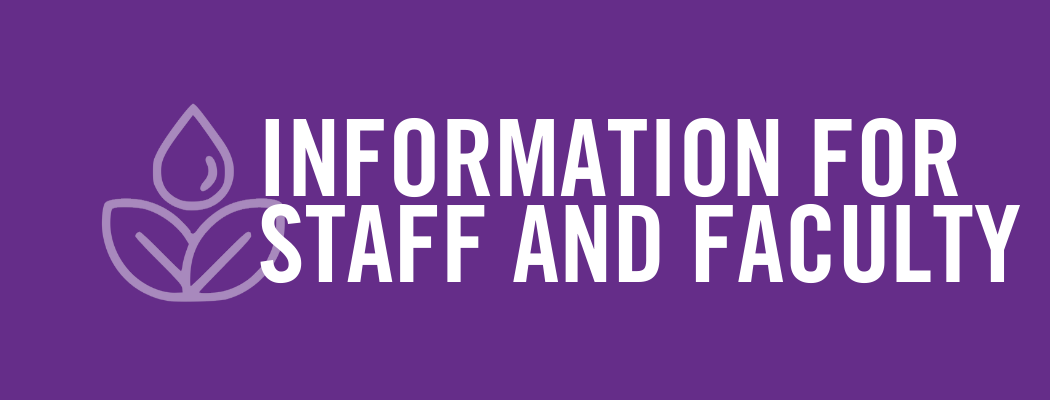
Supporting Students in Distress
Often, Lakehead University faculty and staff will be the first ones to notice a concerning behaviour which may indicate a student is having difficulty and may need help.
This guide outlines how to recognize when a student is in distress and how to respond effectively when a student approaches you looking for help. See when the next training session is being offered on our event calendar.
Embedding Wellness into the Classroom
| Email Signature |
Email signatures are regularly used to communicate information. Using your email signature to communicate your working hours can help to support your own work-life balance and create realistic expectations of response time for students. Linking to the How to Ask for Help guide ensures that even if you do not immediately respond- students are still aware of the support and resources available to them and are encouraged to access them when needed. Suggested Signature line: PLEASE NOTE MY WORK HOURS: I check and respond to emails during my working hours of Monday to Friday, 8:30 am to 4:30 pm. I will not regularly see or respond to emails outside of these hours. Are you ok? Check in with the WellU Key to find the mental health resources you are looking for Need to talk to someone right now? Good 2 Talk is a free, confidential 24/7 post-secondary student helpline. Call 1-866-925-5454 or text GOOD2TALKON to 686868. |
| Mental Health Syllabi Statement |
A statement in the syllabus can send a positive signal of support for students' learning and well-being by including recommendations and encouragement for students to take care of themselves and seek help when they need it. The statement might also be used to encourage classroom conversations about the stigma that keeps students from getting professional help. Suggested Statement: As a university student, you may sometimes experience mental health concerns or stressful events that interfere with your academic performance and negatively impact your daily activities. All of us can benefit from support during times of struggle. If you or anyone you know experiences academic stress, difficult life events or feelings of anxiety or depression, Lakehead has resources available to you. Check in with the WellU Key to find the mental health resources you are looking for. Remember that getting help is a smart and courageous thing to do- for yourself, for those you care about, and for those who care about you. Asking for support sooner rather than later is almost always helpful. You could also choose to include this slide with the statement into your lecture slides. Student Health and Wellness can also provide a short presentation about the wellness services on campus. |
| Instructional Strategies |
Information adapted from Supporting Students’ Mental Wellbeing: Instructional Strategies. Centre for Teaching Excellence, University of Waterloo. |
| Classroom Presentations |
Student Health and Wellness staff are available for classroom presentations. See what sessions are available and complete a request form |
| Wellness in Learning Environments |
Classrooms present the opportunity to reach all students, and faculty and instructors are invaluable contributors to student learning and development. Student Health and Wellness has developed resources to support Lakehead faculty in bringing wellness into the learning environment. Fostering Well-Being on Campus 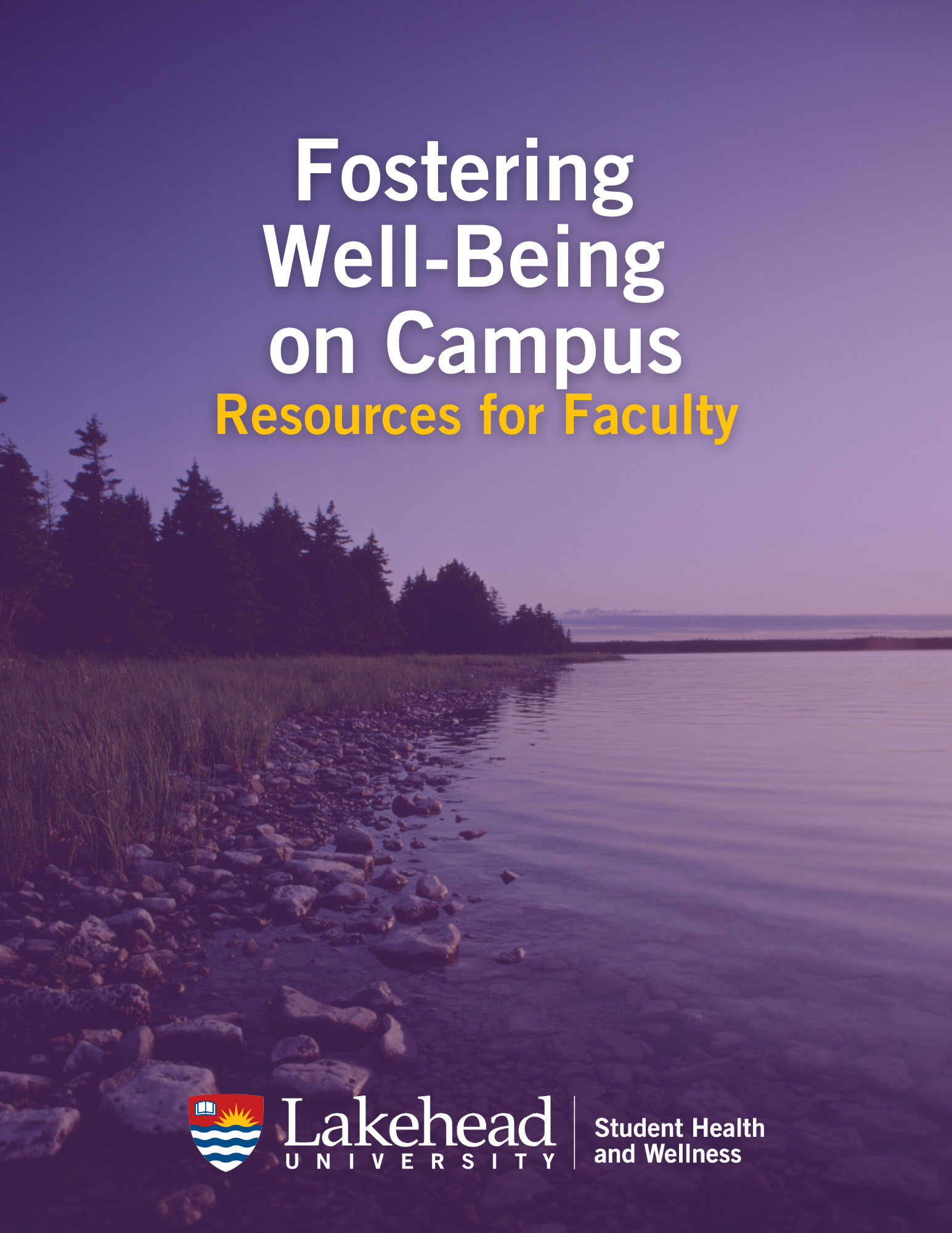 This guide offers Lakehead staff and faculty context for student mental health at Lakehead and practical strategies to support well-being in their classrooms. Embedding Wellness into the Virtual Classroom 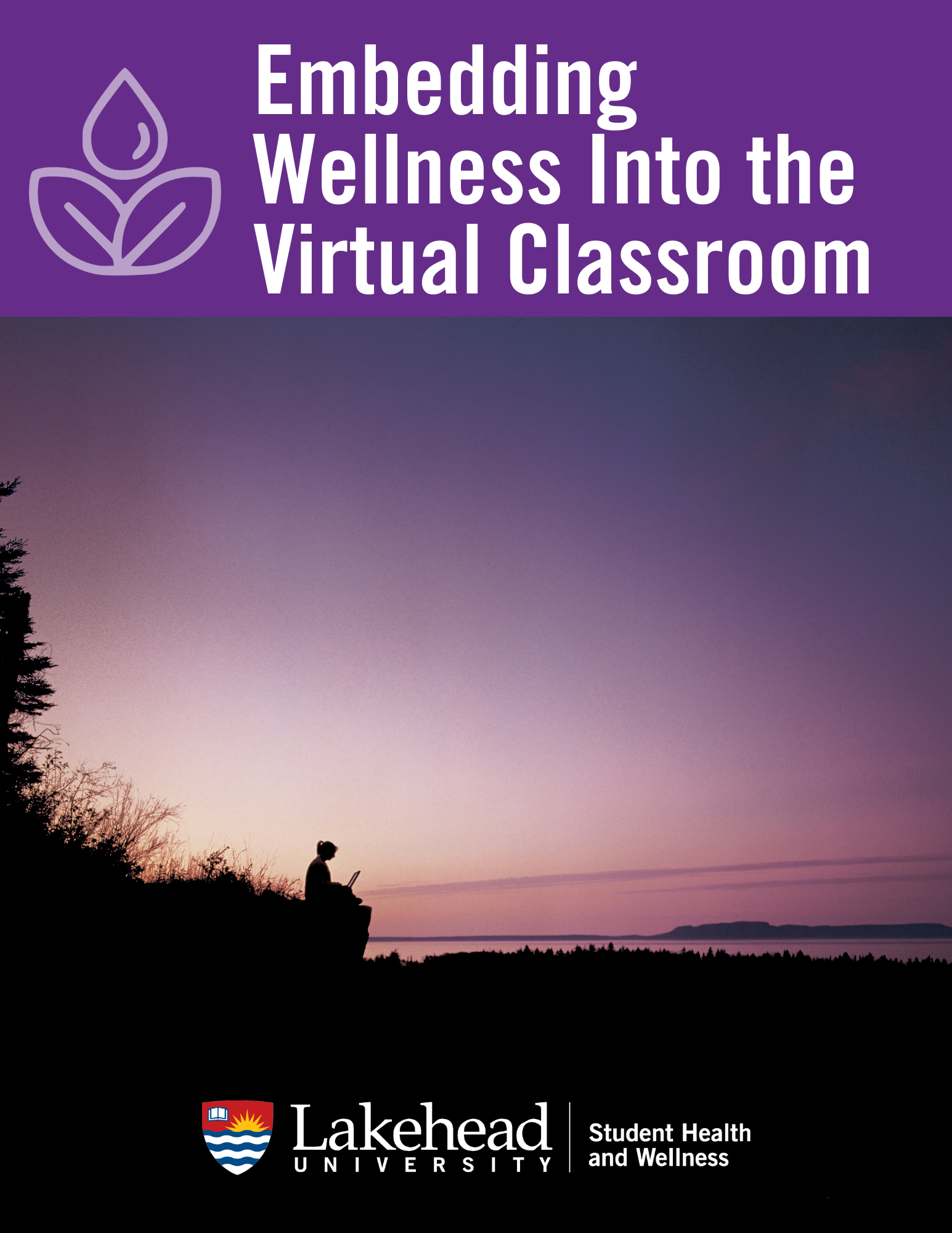 This guide is designed to support faculty and instructors in maintaining their own health and well-being while also fostering health and well-being in virtual learning environments. This resource is based on the “10 Ways to Embed Wellness in the Virtual Classroom” developed by Simon Fraser University’s Health Promotion department and has been adapted with updated resources and to include Lakehead-specific information, resources and branded materials. For more information about well-being in the online environment, check out this resource from CICMH. This toolkit identifies four kinds of resilience grounded in research and evidence-based practices: community resilience, personal resilience, academic resilience, and career resilience. The toolkit offers practical resources which can easily be inserted directly into your curriculum, resources to support you in designing curriculum and utilizing pedagogical approaches that promote resilience, as well as in-depth research for those interested in learning more about student resilience. The toolkit was developed by a diverse team of postsecondary faculty, mental health professionals, learning experts, and community partners at Colleges and Universities across Ontario (Centennial College, Humber College, Sheridan College, Trent University, The University of Toronto - OISE, Western University - Ivey School of Business, Ryerson (X) University, and the Centre for Innovation in Campus Mental Health), with generous funding support from eCampus Ontario's Virtual Learning Strategy. |
| Enabling better student mental health through teaching and learning practices |
For more mental health teaching practices, visit Best Practices in Higher Ed.
Student Health and Wellness Resources
If you would like to request promotional materials from Student Health and Wellness, complete this request form.
If you'd like to put some Campus Wellness information in your syllabus or course slides, you can download our premade lecture slide decks or print materials below. If you are looking for something more specific, please reach out to our Health Promoter, Lindsey Wachter.
Resources
| More Feet on The Ground |
This is a free online mental health education program that teaches participants to Recognize, Respond, and Refer individuals experiencing mental health problems on campus. The program was developed by the Council of Ontario Universities (COU) in partnership with Brock University and the Ontario Government’s Mental Health Innovation Fund and has been adapted and branded for all participating post-secondary institutions across Ontario. |
| More Campus Mental Health Resources |
|
| Supporting Your Own Well-Being |
Critical Incident Briefing
Critical Incident Group Debrief (CIGD) is one of several methods that may be utilized to lessen the likelihood of people experiencing symptoms of trauma and stress after a critical incident. This group debriefing process provides a place for participants to talk and share experiences, and for the facilitator to teach and provide information about the impact of critical incidents. CIGD is a facilitated conversation, not group therapy (CTRI Crisis & Trauma Resource Institute, 2019).
If you have been involved in or heard about a Critical Incident and think that a group debrief might be helpful, please contact Irene Pugliese (807-343-8010, ext. 8998; shccoun3@lakeheadu.ca) to set up an information sharing/preparation meeting.
- Common responses after a critical incident (handout)
- Dealing with a critical incident (handout)
- Resources and Supports (SHW handouts)
FAQs
| What is a “critical incident”? |
A critical incident is a situation that falls outside our normal frame of reference that challenges us instantly to understand and cope with what has happened. A critical incident included three factors:
|
| I’m not sure if what happened is a “critical incident”? |
| If you are unsure about the situation, please feel free to contact Irene to discuss the situation and decide if a CIGD is appropriate. If it appears that a CIGD would not be the best approach we can assist you in deciding what the best next steps are – we may recommend a different type of intervention, provide you with information/resources to distribute, etc. |
| When should a critical incident debrief take place? |
| The best time to hold a critical incident debrief is 3-5 days after an incident occurs. There may be times where it takes longer to organize a debrief - ideally a debrief will take place within 2 weeks of the incident. |
| What kinds of information will I need to provide when requesting a CIGD? |
| In considering a CIGD, much of the work lies in the preparation. You will never have all the information, but the more that is gathered, the greater the potential for a successful debrief (see CIGD Intake Questions). |
| Can I mandate someone to attend a critical incident debrief? |
| Issues of loss of control are key in critical incidents. Because of this, SHW believes choice to participate in a CIGD ought to be voluntary. |
| How long is a CIGD session? |
| Sessions are typically scheduled for about 2 hours – depending on the participants it may take less time but more than 2 hours can become overwhelming. |
| Who should attend a CIGD? |
| Anyone who has been involved in a critical incident can benefit from attending a CIGD session. Something to consider is the level of exposure to the incident - for example, separate debriefs may be needed for those who were directly involved/witnessed the incident vs. those who heard about the incident or were impacted in a different way (i.e. as a result of their relationship with those involved in the critical incident). |



